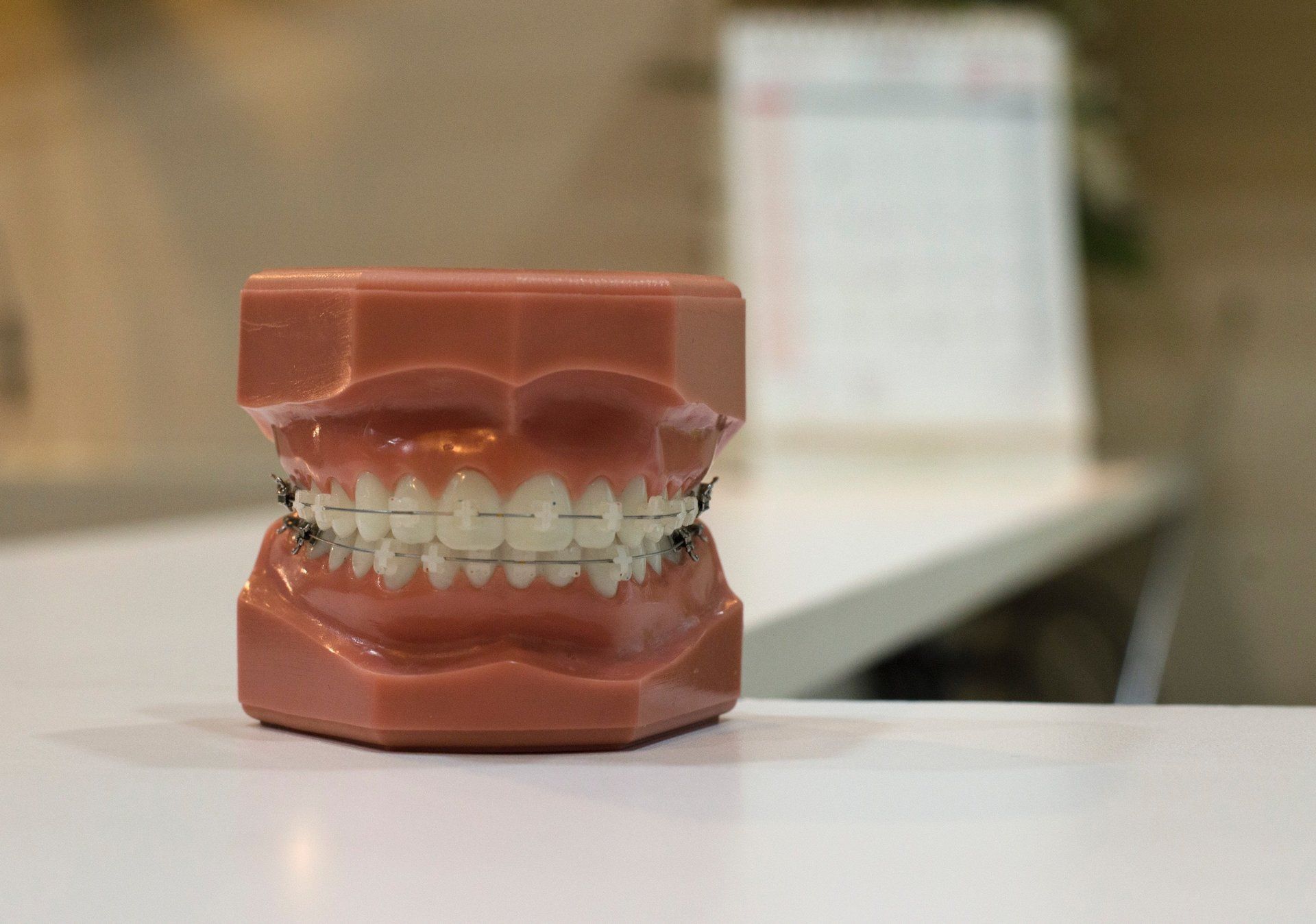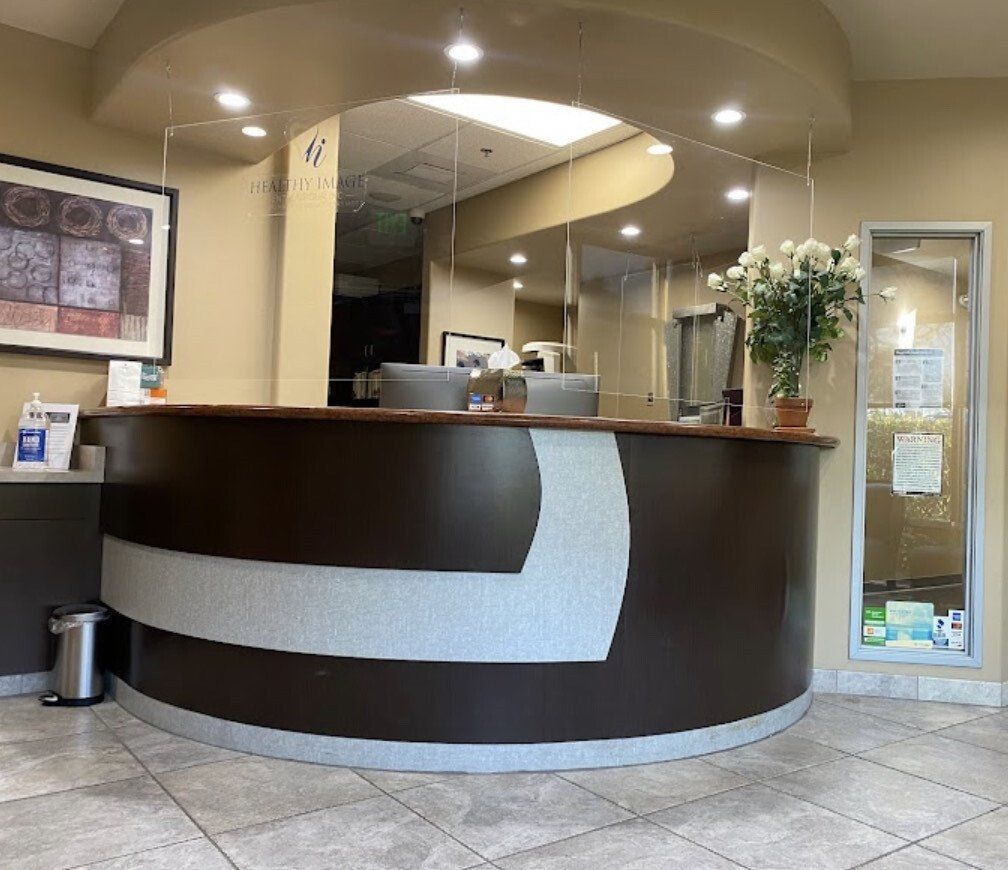Grinding Teeth? Here’s What You Should Know
- By Dr. Sindy F.
- •
- 02 Jan, 2018

Symptoms
The symptoms of bruxism often mirror those of TMJD (temporomandibular joint disorder). In fact, teeth grinding and TMJD are often linked. Not everyone experiences bruxism in the same way, but most will have some or all of the following symptoms:
Headaches
Sore teeth or gums
Jaw pain
Enlarged facial muscles
Stiff shoulders or neck
Earaches
Sleep problems
Unusually worn teeth
Chipped or fractured teeth
Loss of tooth enamel
Causes
There is also a strong link between snoring, sleep apnea, and teeth grinding, although it is not yet clear which disorder might be the root cause. Bruxism is also more common in those with depression, smokers, and heavy users of alcohol or caffeine.
Risks
The biggest risk from grinding is the damage that grinding causes to the teeth. Repetitively pushing your teeth together weakens them, greatly increasing the chances for broken or even lost teeth. It also damages the enamel, putting you at higher risk for decay.
Grinding your teeth is also hard on your jaw. Over time, it can cause pain and even inflammation of the temporomandibular joint, making it difficult to chew or even fully open and close your mouth. Although teeth grinding has not been shown to cause TMJD, over time, it can cause you to develop TMJD-like symptoms.Treatment Options
Teeth grinding can be treated in many different ways. It is most important to diagnose and treat the underlying condition to stop the grinding altogether. This might mean taking medications for anxiety or depression, using a CPAP machine, or cutting back on alcohol, tobacco, or caffeine. Your dentist will help you trace the root cause of your teeth grinding and refer you to specialists as needed.
It is also important to protect your teeth and jaw from the effects of grinding. This is usually done with the use of an occlusal appliance. These come in many different forms and have many different names, such as bite guards, night guards, and bite plates. Regardless, the device is a custom-made plastic appliance that you place over your teeth at night to cushion and protect them.
Another type of appliance, known as a mandibular advancement device, may be prescribed when sleep apnea is the suspected cause of grinding. This is also a custom-made plastic appliance, but it is specifically designed to bring the lower jaw forward during sleep. This prevents the airway from collapsing due to sleep apnea, while simultaneously protecting the teeth.
Behavior management can also be highly useful in treating teeth grinding, particularly if stress is a factor. Meditation, relaxation exercises, increased cognitive awareness of the grinding behavior, and other techniques can help you learn to stop grinding. In many cases, behavior management and occlusal appliances are used together to enhance the benefits.
Teeth grinding, or bruxism, is a common but risky habit that can eventually wear down your teeth and jaws. It is important to determine and treat the root cause, while simultaneously protecting your mouth. If you notice any symptoms of teeth grinding, let your dentist know right away. With prompt attention, you can escape the potential trauma of worn or missing teeth and a chronically painful jaw.*CLOSED FOR LUNCH
12:00 PM - 1:00 PM
916.786.6431
| HOURS OF | OPERATION |
|---|---|
| Monday | 8:00 am - 5:00 pm |
| Tuesday | 8:00 am - 5:00 pm |
| Wednesday | 8:00 am - 5:00 pm |
| Thursday | 8:00 am - 5:00 pm |
| Friday | APPOINTMENT ONLY |
| Saturday | CLOSED |
| Sunday | CLOSED |

OUR LOCATION
576 N. Sunrise Ave Suite 140 Roseville, CA 95661
Healthy Image Dental Group, Inc.
576 North Sunrise Avenue Suite 140
Roseville, CA 95661
Office (916) 786.6431
Email: healthyimagedentalgroup@gmail.com
Copyright ©2024 Healthy Image Dental Group, Inc. All Rights Reserved. Designed by Beautiful Site Designz
